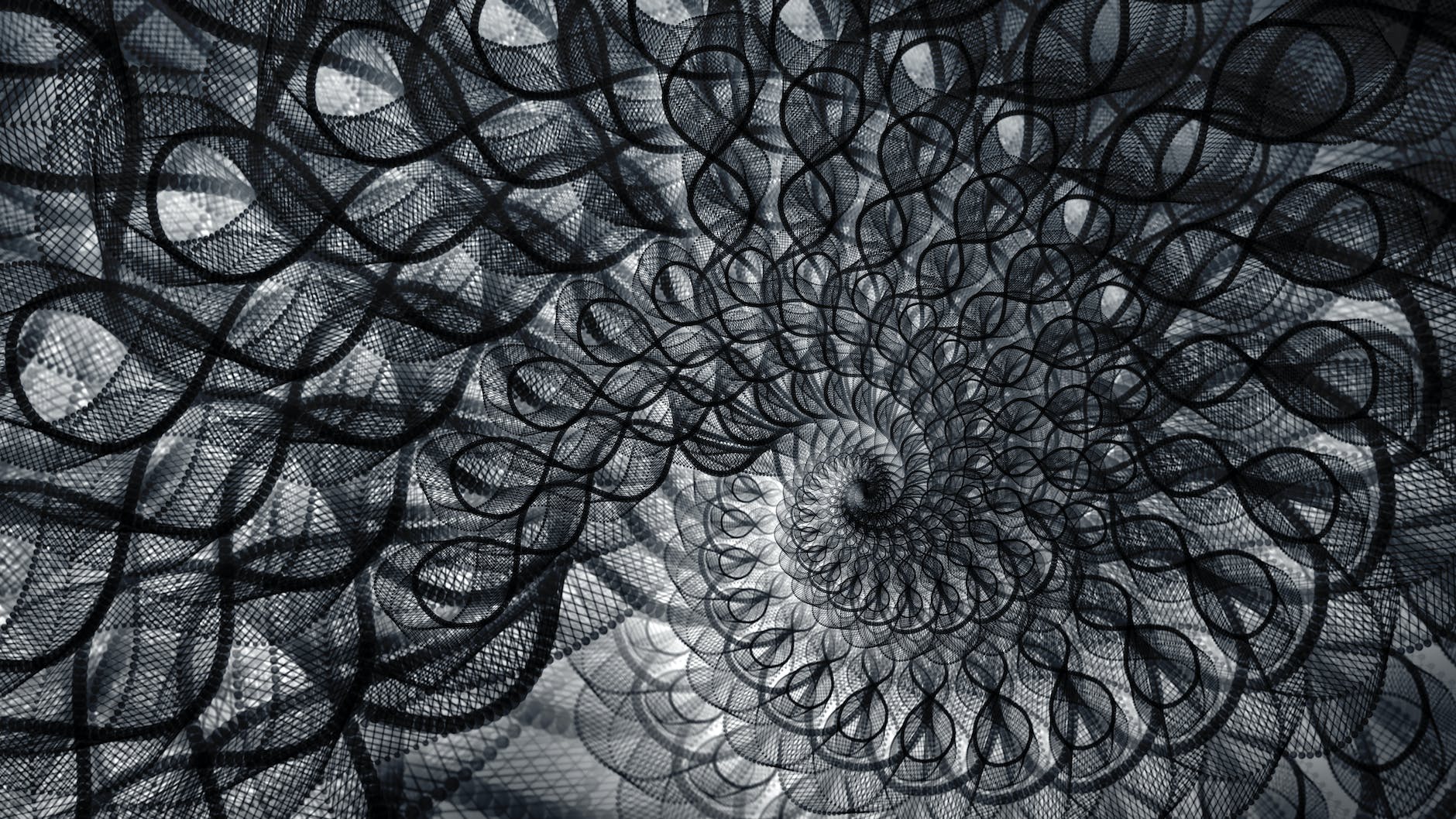
Weird Therapy is an approach to psychotherapy that embraces a vision of reality as weird.
What do we mean by ‘weird’? The word first appeared as wyrd in Old English, meaning fate or destiny. The wyrde were the three sisters who spun, measured and cut the thread of life, and were depicted as the witches (the ‘weird sisters’) in Shakespeare’s Macbeth. From there, the word developed its modern adjectival sense of strange, other, out-of-place, uncanny, extraordinary and magical.
We could say, then, that weird has opposite, but equally relevant meanings. On the one hand, in its original usage, it suggests the immutable structure of the cosmos. On the other, it suggests something odd, otherwordly, and not quite there. It’s both everything and nothing. What the ancient world understood as fundamental, we have dismissed to the margins.
It might seem a perverse move to take the weird seriously, but as the industrialised world drives relentlessly towards ecological disaster (to mention just one of our current existential threats), maybe it’s time to question what is ‘normal’. The writer Erik Davis suggests a practice of ‘weirding’, which also has these two opposite senses. Through weirding, we discover that the weird is ever present in ordinary life, but unseen; and we also seek it out in strange places, where we may find ourselves surprisingly at home.
If reality is indeed weird, then psychotherapy has to reflect that, supporting our clients to navigate such a reality, even as our consensus understanding of reality invalidates it.
Weird Therapy is an integrative conversation between empirical practice (what works and what helps), and speculative enquiry into the unknowable. It draws on a wide range of psychotherapeutic disciplines, including Freudian and Jungian depth psychology, body psychotherapy, psychedelic therapy, movement therapy, transpersonal psychology and ecopsychology.
synchronicity
Working with synchronicity implies a radical acceptance of weirdness. In my May 2023 presentation to the Parapsychological Association’s event ‘Counselling the Exceptional Experiencer’, I explore a case study that involved dizzying synchronistic occurences, apparently across multiple reincarnations. In the talk I also explore the Weird Therapy compass, a tool for navigating the parapsychological and the psychological.
altered states
If conventional psychology, following medical science, validates only our ordinary waking consciousness, Weird Therapy relativises ordinary consciousness. A fundamental principle of Weird Therapy is to draw attention to and explore the experience of travelling through different states of consciousness within the therapeutic relationship, which I call being amphibious. Dreamwork, the felt sense of one’s own body, dance, psychedelic states and Jungian Active Imagination are just some examples of this.
relationality
The relationship itself is a zone of mystery, as many depth psychologists have noted, in which reality bends into strange forms. When we relate to the other as a fellow conscious being, consciousness is no longer experienced as confined to our own heads. It flows between and around. Many of the most interesting writers on psychotherapy have described the weirdness of the relational space in therapy. I discuss some of these ideas here and propose a radical (yet also ancient) approach to the question of relationship.
madness and the spirit world
For so long as human beings have existed, we have had anomalous experiences that point to mysteries beyond our ordinary awareness. This continues in the present day. Many, if not most, people have had some kind of anomalous experience, yet we cannot speak about this seriously. Our culture suppresses anything that doesn’t fit with its belief system, to the detriment of those who are labelled as ‘mentally ill’. Hearing voices, seeing a ghost, or having memories of a past life are examples of experiences that, if spoken about, would invite only pity, medication, contempt or a suppressed smile. Here, I argue for a different approach.
trauma / thauma
A trauma-informed approach moves us away from diagnosis – which locates the problem in ‘mental illness’ – and towards simple questions like, ‘what happened to you?’ and ‘what did it mean for you?’ and ‘what did you do to survive?’ While acknowledging the power and importance of this approach, Weird Therapy proposes a complementary one: thauma, from the Greek word for miracle or marvel. If trauma is something that happened in the past that the person cannot escape, then thauma offers some healing from a place beyond time. I write about this, with a case study, here.
the body
The experience of one’s own body is itself an altered state, a Lost World with its roots in our still-living ancestral past. Here be monsters, and the longer we ignore them the bigger they seem to grow. Here I explore the somatic and its connections to the psychic.
Copyright © 2022 My Sunset by Bogdan Bendziukov.




